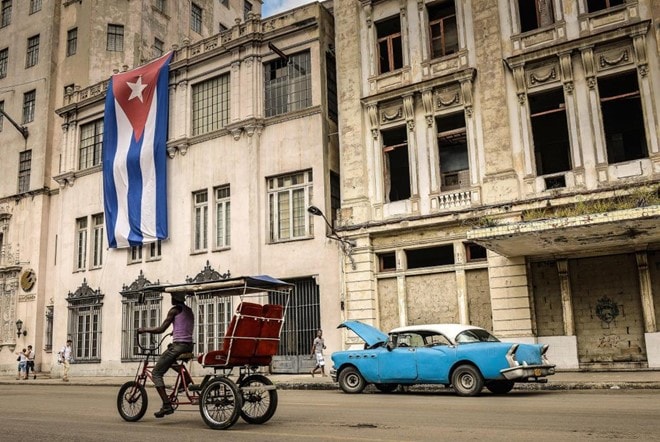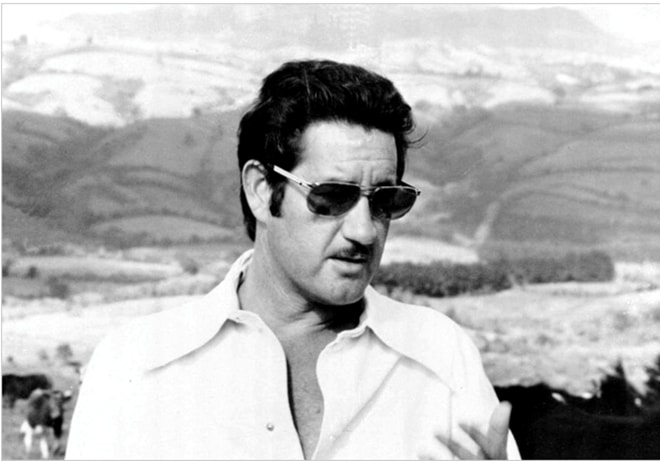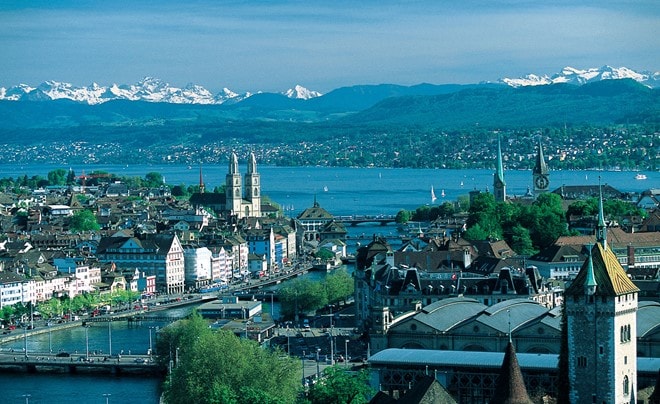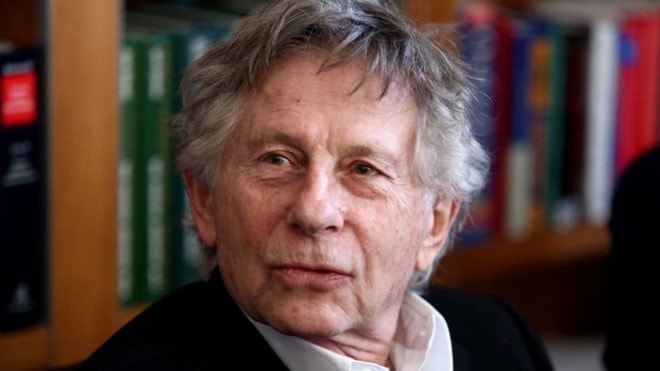The long 'wandering' journey of international fugitives
The general formula for international fugitives: seek refuge in countries that do not have an extradition treaty with the country that is seeking them.
 |
| Cuba used to be one of the places targeted by American criminals when they wanted to escape because Havana has no diplomatic relations with Washington. Photo: AFP |
For many American criminals, there are plenty of options among the dozens of countries that do not have extradition treaties with the US - China, Indonesia, Nepal... - the problem is just how to find a country with a high standard of living and avoid the risks if one day this country and the US sign an extradition treaty.
Nearly 50 years in hiding
Robert L. Vesco spent half his life on the run from the U.S. justice system. In the early 1970s, he fled to Costa Rica to avoid charges of defrauding investors of $240 million—the largest financial fraud in history.
Vesco then "wandered" to the Bahamas and elsewhere before "settling down" in Cuba as a humanitarian refugee. Cuba had yet to normalize diplomatic relations with the United States, let alone an extradition treaty.
 |
| Robert Fresco fled to Cuba in 1971 to avoid arrest in the US. Fresco died in 2008 in Cuba of lung cancer. Photo: AP |
"If he wants to stay here, let him stay. I don't care what he does in America," then-Cuban leader Fidel Castro declared in 1985.
But after nearly a quarter of a century on the run from the United States, Vesco eventually found himself in trouble with the law in Cuba. He was sentenced to 20 years in prison, also for financial fraud, in 1996 before dying in Cuba in 2008.
At least until the end of his life, the tycoon remained out of the reach of the US government. US officials were completely unaware of Vesco’s death until the press reported it, according to the New York Times.
Meanwhile, for Chinese tycoons, the US and Australia are the two most ideal destinations as neither country has an extradition treaty with Beijing. In 2015, the US refused to extradite businessman Ling Wancheng to China.
Ling Wancheng is the younger brother of Ling Jihua, who was the right-hand man of former Chinese President Hu Jintao. Ling Jihua is currently serving a life sentence in China, while Ling Wancheng is rumored to be holding some of China's state secrets.
 |
| Lai Xuong Tinh, a bribery suspect wanted internationally by China, was extradited from Canada to Beijing in 2011. Photo: Reuters |
Your law, my law?
In theory, having an extradition treaty means that a suspect can be brought back, but treaties vary widely and are not always enforced. Switzerland and the United States are an example. The two countries have an extradition treaty, but in many cases the Swiss government has refused to hand over people to the United States.
Fraud suspect Marc Rich is one example. In 1983, Rich was indicted in the United States on more than 50 charges including fraud, trade fraud, tax evasion, and violating US and UN sanctions when trading with Iran.
Rich later renounced his U.S. citizenship and sought refuge in Switzerland. Despite an extradition treaty, Switzerland refused to hand him over. Rich lived comfortably in Switzerland until 2001, when he was pardoned by President Bill Clinton. However, from then until his death in 2013, Rich did not dare return to the United States for fear of being prosecuted for crimes outside the amnesty.
 |
| Switzerland is a favorite country for many American tycoons, due to differences in the legal system that make extraditing American criminals to Switzerland quite complicated. Photo: Zurich Tourism |
The famous Polish-French director Roman Polanski is another example. In 1977, he was convicted of "statutory rape" (usually used to refer to sexual intercourse with a child) in the United States after having sex with a 13-year-old girl following a photo shoot.
Facing a 50-year prison sentence, Polanski fled the United States. In 2009, he was arrested in Zurich, Switzerland. However, he was released in 2010 after the Swiss government rejected an extradition request from the United States.
In 2014, the US government again requested Poland to extradite director Polanski, after he appeared at an event in Warsaw. This request was again rejected in October 2015.
However, Poland's new government, led by the Law and Justice party, recently merged the two posts of justice minister and public prosecutor into one. The new holder of the post, Zbigniew Ziobro, said he would file a petition to overturn Poland's decision, Reuters reported. Ziobro criticized Polanski's reputation for giving him preferential treatment.
 |
| Roman Polanski is a world-famous director who has been nominated for 5 Oscars, 1 Golden Globe and 1 Palme d'Or (at the Cannes Film Festival, France). Photo: AFP |
One of the factors a government considers when extraditing a criminal to another country is whether the crime alleged by the requesting country is considered a crime in the receiving country. In Mark Rich's case, one of the reasons Switzerland refused to extradite him was that Swiss law distinguishes between tax evasion and tax avoidance.
In May 2015, five FIFA officials were arrested in Zurich, Switzerland. If the US Justice Department wants to extradite them to the US, it will have to prove to the Swiss that the crimes they are accused of in the US – including wire fraud, money laundering, and tax evasion – are also criminal offences in Switzerland.
On the other hand, it is not true that without an extradition treaty, a wanted person can live freely in a new country. The Communist Party of China's Discipline Inspection Commission, the country's anti-corruption agency, said that without extradition treaties, the Chinese government would use other means to bring people back to China. These would include "persuasion, repatriation or prosecution from elsewhere."
Of the 738 suspects who returned to China in 2015, 41% returned “through persuasion,” but the anti-corruption agency did not specify what persuasion measures were used to bring them back, according to Time.
According to Zing.vn
